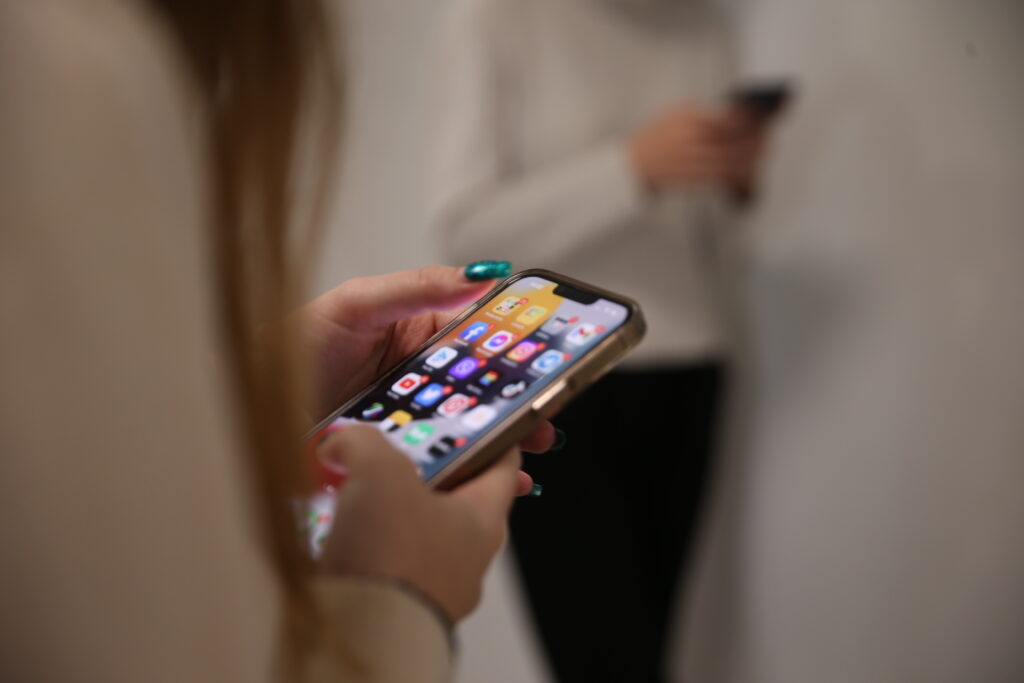Sleep difficulties, anxiety, anger, social isolation, obesity, and overweight are just a few of the negative outcomes of teenagers’ addiction to gadgets.
Nomophobia, also known as no mobile phone phobia, is a psychological condition when people have a fear of being detached from mobile phone connectivity.
According to specialists, device addiction has a major impact on our social lives.
Mari Gelashvili, a psychologist, feels that isolation in adolescence might lead to depression due to a loss of motivation and connection to others.
Salome Emkhvari, a psychologist adds that “gadget addiction equates to ludomania or psychoactive substances.”
Nowadays children and adults are overly reliant on gadgets, prompting concerns about their physical and mental development.
Children aged 1-2 who frequently use electronic devices, such as computers, mobiles, tablets, or TV, may have delays in their development. Instead, this time should be spent learning new things and making everyday discoveries.
The categorical ban and restrictions on digital devices are simply temporary measures.
The Head of UNICEF Communication Program, Maia Kurtsikidze, emphasises the need of “promoting healthy electronic device usage among children.”
Today, the phrase “digital detox” refers to giving up devices for a short period of time. Even a brief detox allows us to assess how much we rely on technology, social networks, media, and gaming.
Analysing the problem is crucial for leveraging the digital world and preventing devices from dominating the lives of parents and children.
